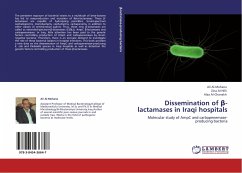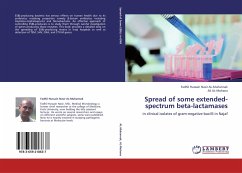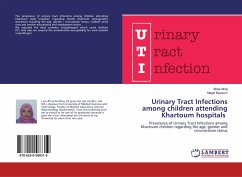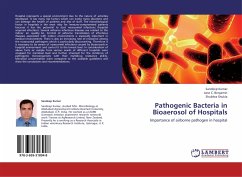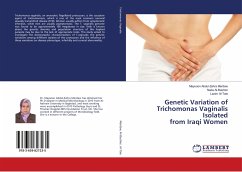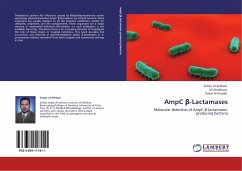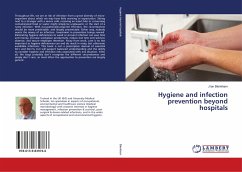The persistent exposure of bacterial strains to a multitude of beta-lactams has led to overproduction and mutation of Beta-lactamases. These -lactamases are capable of hydrolyzing penicillins, broad-spectrum cephalosporins, monobactams, cephamycins, carbapenems, in addition to other classes of antimicrobial agents. Thus, these new -lactamases are called as extended-spectrum- -lactamases (ESBLs), AmpC -lactamases and carbapenemases. In Iraq, little attention has been paid to the genetic factors controlling production of AmpC and carbapenemases by Gram-negative bacteria. Therefore, there is an increase demand to investigate the role of these bacterial isolates in hospital infections. This book provides a new data on the dissemination of AmpC and carbapenemase-producing E. coli and Klebsiella species in Iraqi hospitals as well as detection the genetic factors controlling production of these -lactamases.
Bitte wählen Sie Ihr Anliegen aus.
Rechnungen
Retourenschein anfordern
Bestellstatus
Storno

